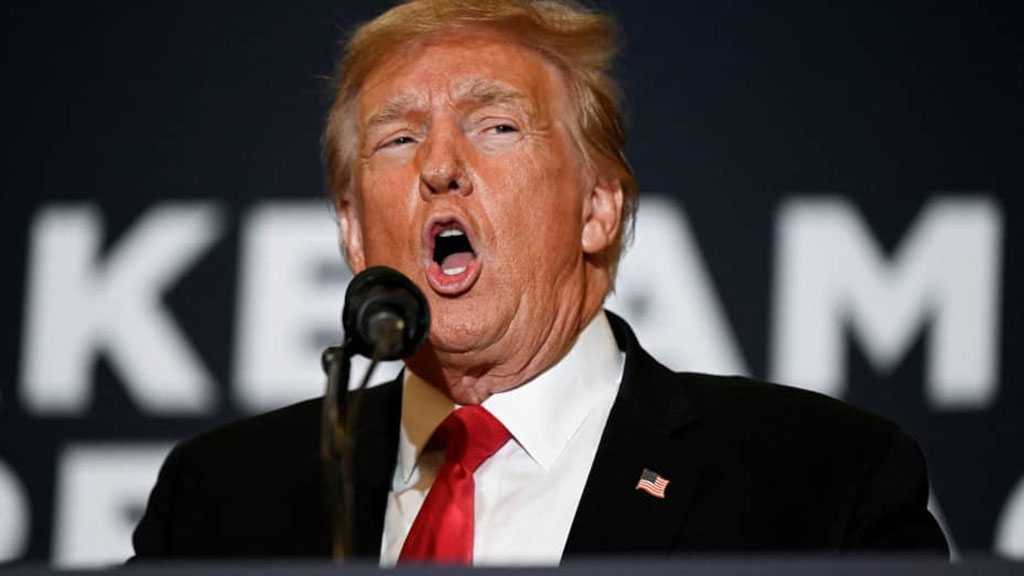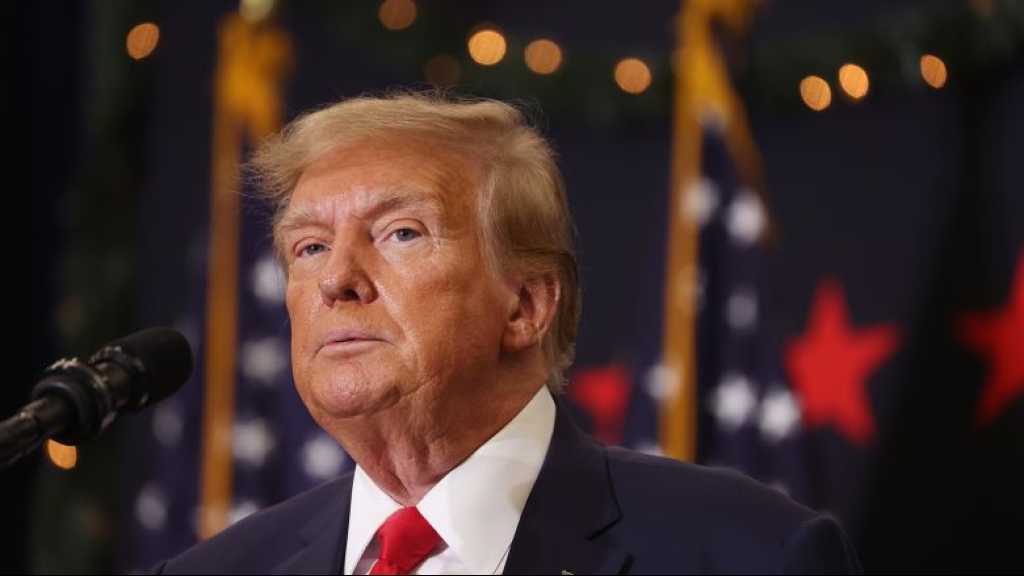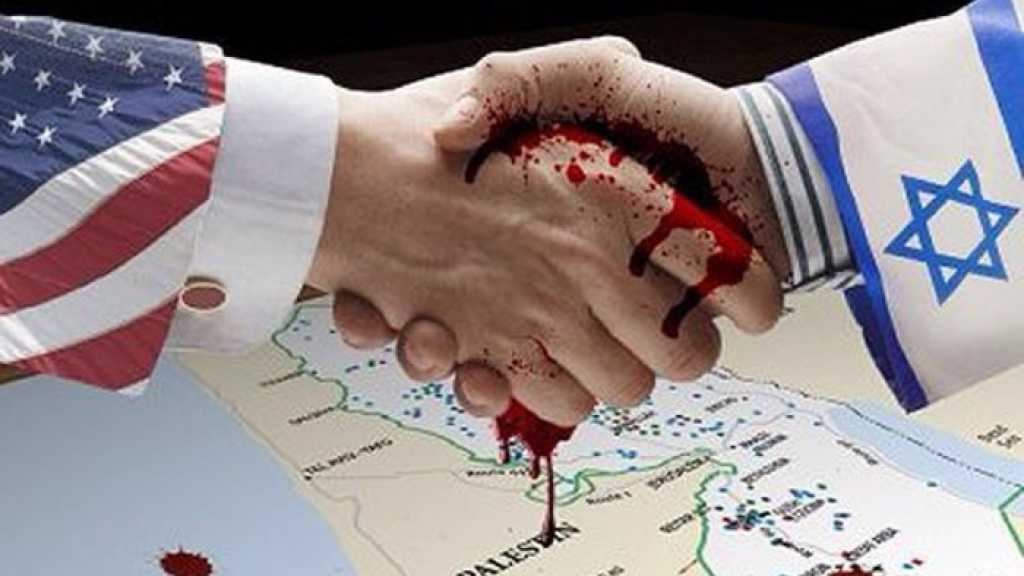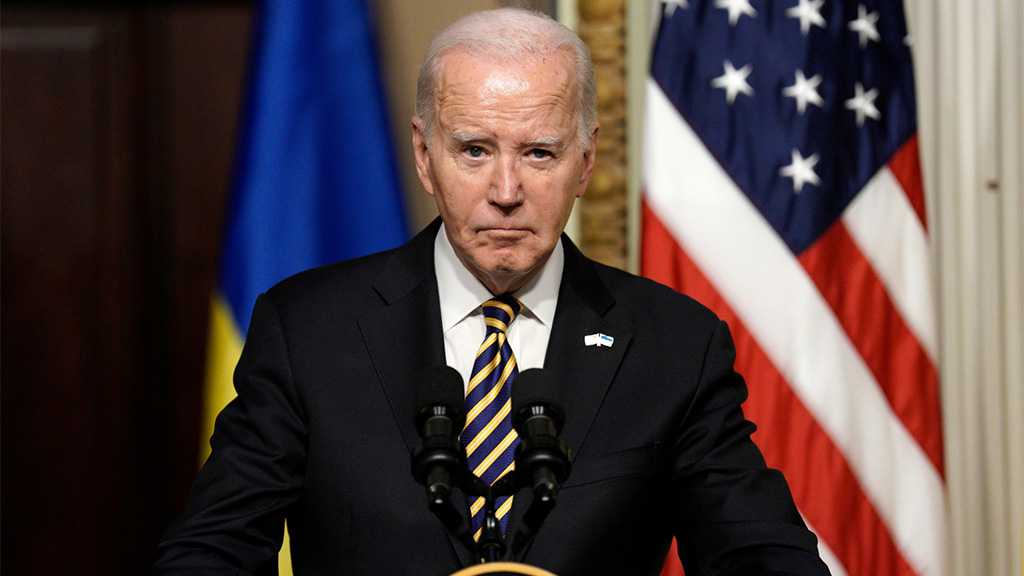
Morales back in Bolivia after Europe Delays Plane over Snowden
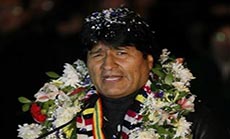
Local Editor
Bolivian President Evo Morales arrived home to a hero's welcome late on Wednesday, saying some European countries' refusal to let his plane enter their airspace because of suspicion it carried US spy agency contractor Edward Snowden was a provocation aimed at all of South America.
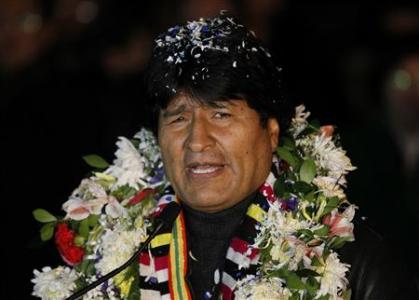 Morales was greeted by his Cabinet and cheering, fist-pumping crowds at La Paz's airport after a dramatic journey from Moscow that ignited a diplomatic furor when his plane had to make an unscheduled stop in Vienna on Tuesday evening.
Morales was greeted by his Cabinet and cheering, fist-pumping crowds at La Paz's airport after a dramatic journey from Moscow that ignited a diplomatic furor when his plane had to make an unscheduled stop in Vienna on Tuesday evening.
"This was an open provocation toward a continent, not just a president," said Morales, his hair strewn with flower petals thrown by people in traditional Andean garb. "North American imperialism uses its people to terrify and intimidate us. I just want to say they will never frighten us because we are a people of dignity and sovereignty."
Other Latin American leaders were also fuming over the plane incident, with heads of state in the 12-nation South American bloc Unasur denouncing the "unfriendly and unjustifiable acts".
The bloc said a group of leaders from member countries would hold an emergency summit in Bolivia on Thursday to discuss the matter. Unasur includes close leftist allies of Bolivia like Venezuela, Ecuador and Argentina as well as more centrist governments like those in Chile and Brazil.
Earlier on Wednesday, Bolivia accused the United States of trying to "kidnap" Morales, after his plane was denied permission to fly over France and Portugal.
The Bolivian government said it had filed a formal complaint with the United Nations and was studying other legal avenues to prove its rights had been violated under international law.
Bolivia's ambassador to the United Nations, Sacha Llorenti Soliz, said, "We have no doubt that it was an order from the White House. By no means should a diplomatic plane with the president be diverted from its route and forced to land in another country."
The White House declined to comment on the Bolivian statements.
Snowden was not on the plane when it landed in Vienna, an Austrian official said. He is believed to be stranded in the transit lounge of a Moscow airport and the United States has been trying to get its hands on him since he revealed details of its secret surveillance programs last month.
The furor was the latest twist in a saga that has raised debate over the balance between privacy rights and national security. Accusations of US surveillance on European countries have also strained transatlantic relations.
France said on Wednesday that free-trade talks between the European Union and the United States should be delayed by two weeks given tensions over media reports, stemming from the Snowden case, that Washington is spying on the 28-nation bloc.
US President Barack Obama and German Chancellor Angela Merkel agreed on Wednesday to hold talks between their security officials in coming days on U.S. surveillance activities and security issues.
The Bolivian plane was taking Morales home from an energy conference in Moscow when it landed at Vienna airport. Austrian Deputy Chancellor Michael Spindelegger said Morales personally denied that Snowden was aboard his jet and agreed to a voluntary inspection.
"Based on this invitation from Bolivia, a colleague boarded the plane, looked at everything and there was no one else on board," Spindelegger told reporters.
But Bolivian Defense Minister Ruben Saavedra said Morales' plane was not searched because Morales had refused Austrian authorities entry.
Morales' plane eventually left Vienna and landed in Spain's Canary Islands for refueling before heading back to Bolivia.
The United Nations said in a statement that the secretary-general understood the Bolivian government's concerns and urged the countries concerned to discuss the matter.
A spokesman at France's Foreign Ministry blamed the incident on "an administrative mishap," saying France never intended to ban Morales from its airspace and that there were delays in getting confirmation that the plane had fly-over permits.
In a statement from Peru's government, which holds the group's presidency, Unasur expressed outrage and indignation that the plane was not allowed to land in Portugal and France.
"Latin America demands an explanation," tweeted Ecuadorean President Rafael Correa. "If what happened to Evo does not merit a Unasur summit, I don't know what does."
Source: News Agencies, Edited by website team
Comments
